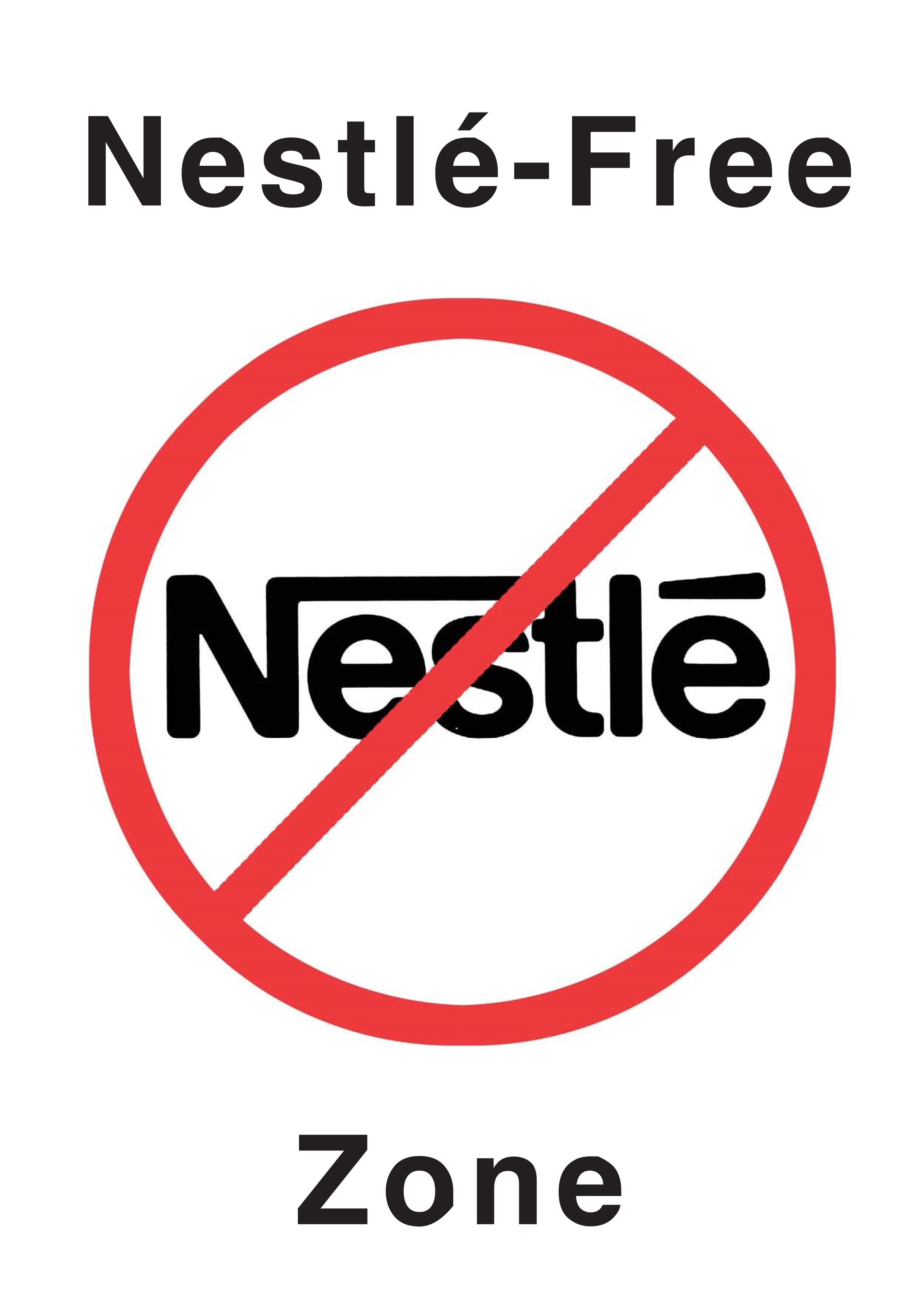Hírolvasó
Critical Contact: Helping Ensure Parents and Infants Stay Together During COVID-19
Retraction Note: Prevalence and predictors of timely initiation of breastfeeding in Ghana: an analysis of 2017–2018 multiple indicator cluster survey
Human Colostrum and Derived Extracellular Vesicles Prevent Infection by Human Rotavirus and Respiratory Syncytial Virus in Vitro
BackgroundIt is known that breastfeeding protects the infant from enteric and respiratory infections; however, the antiviral properties of human milk against enteric and respiratory viruses are largely unexplored.Research aimsTo explore the antiviral activity of human preterm colostrum against rotavirus and respiratory syncytial virus and to assess whether the derived extracellular vesicle contribute to this activity.MethodsWe used a cross-sectional, prospective two-group non-experimental design. Colostra were collected from mothers of preterm newborns (N = 10) and extracellular vesicles were purified and characterized. The antiviral activity of colostra and derived extracellular vesicles were tested in vitro against rotavirus and respiratory syncytial virus and the step of viral replication inhibited by extracellular vesicles was investigated.ResultsEach sample of colostrum and colostrum-derived extracellular vesicles had significant antiviral activity with a wide interpersonal variability. Mechanism of action studies demonstrated that extracellular vesicles acted by interfering with the early steps of the viral replicative cycle.ConclusionWe demonstrated the intrinsic antiviral activity of human colostrum against rotavirus and respiratory syncytial virus and we showed that extracellular vesicles substantially contribute to the overall protective effect. Our results contribute to unravelling novel mechanisms underlying the functional role of human milk as a protective and therapeutic agent in preterm infants.
An Interview With Patti Rundall: A Passionate Activist, Full of Energy!
Since 1980, alongside IBFAN partners, Patti Rundall has worked to build collaborative networks that help countries bring in legally binding controls based on the International Code of Marketing of Breastmilk Substitutes and the United Nations World Health Assembly (WHA) Resolutions. Conflicts of interest and their impact on policymaking, research, education, and health systems has been a cross-cutting theme of her work, which has focused on the adoption and strengthening of the European Union’s baby food legislation and the improvement of Codex Global Trading Standards. With IBFAN, she helped countries adop many resolutions including WHA Resolution 49.15 https://www.who.int/nutrition/topics/WHA49.15_iycn_en.pdf?ua=1 (1996) about conflicts of interest; she helped found and launch the Conflicts of Interest Coalition at the UN General Assembly. Patti is a founder of Baby Feeding Law Group (the alliance of 23 United Kingdom health professional and mother-support organizations), a member of the Infant Feeding in Emergencies core group and a leader in company campaigns (e.g., the Nestlé Boycott). She represented IBFAN on the European Commission’s Platform for Action on Diet and Physical Activity from 2007 until 2019. In the year 2000 she was awarded the title Officer of the British Empire (OBE) for her service to infant nutrition. (This is a verbatim interview: MA = Maryse Arendt; PR = Patti Rundall.)
Intimate partner violence and exclusive breastfeeding of infants: analysis of the 2013 Nigeria demographic and health survey
Factors associated with delayed initiation of breastfeeding in health facilities: secondary analysis of Bangladesh demographic and health survey 2014
Determinants of optimum exclusive breastfeeding duration in rural India: a mixed method approach using cohort and content analysis design
Vulnerable families and costly formula: a qualitative exploration of infant formula purchasing among peri-urban Peruvian households
Determinants of low breastfeeding self-efficacy amongst mothers of children aged less than six months: results from the BADUTA study in East Java, Indonesia
How to promote exclusive breastfeeding in Ireland: a qualitative study on views of Chinese immigrant mothers
Sore Nipple Infographic Debuts
Today’s busy families want lactation information that is quick, easy, and lovely to the eye. That’s why I joined forces with the talented people at Noodle Soup to create for those in the U.S. a series of infographics on some of the most in-demand lactation topics.
I’m thrilled to announce a new addition to this series! The #2 reason new parents give formula and wean prematurely is nipple pain. This new infographic—“Sore Nipple Basics”—directly addresses this problem and offers guidance on ways to achieve comfortable nursing. My hope is that it will help more families meet their feeding goals.
All five of my infographics come in tearpads of 50 with one side in English and the other side in Spanish. You can find all five on one page HERE, or you can click on the titles below to link to their order pages on the Noodle Soup website.
Sore Nipple Basics Includes positioning and latching strategies that can reduce pain, as well as other possible causes of nipple pain and who to contact for help.
Is Baby Getting Enough Milk? Includes reliable signs that baby’s milk intake is adequate, expected feeding patterns in nursing newborns, and the most common false alarms.
Working & Breastfeeding The most important aspects of working and breastfeeding that nursing families need to know to meet their long-term feeding goals.
Pumping Primer A simple guide to expressing milk that includes the key points needed for successful pumping.
For Baby’s Caregiver Ways caregivers can support nursing families, including how to pace bottle feeds to avoid overfeeding during the workday.

